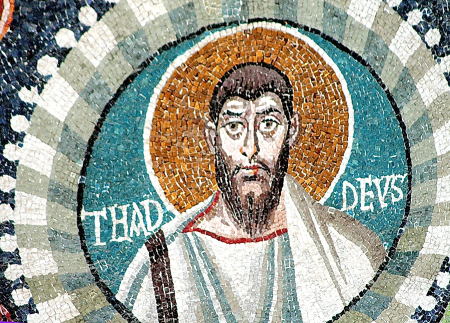
China's Government Remains Involved in Vatican Decisions
FREE Catholic Classes
The Vatican's policy towards China has faced yet another setback, raising concerns about the efficacy of its approach. In mid-July, the Holy See announced that Pope Francis had acknowledged the appointment of Bishop Joseph Shen Bin as Bishop of Shanghai. However, this acknowledgment came despite the fact that the bishop's transfer to China's most significant diocese was orchestrated by the Xi Jinping regime, not the pope himself. This incident further underscores the complexity and challenges of the Vatican's dealings with China, prompting questions about the Vatican's commitment to its own principles.

Photo credit: Nothing Ahead
The incident prompted Vatican correspondent Gerard O'Connell of America to delve into the matter. O'Connell's analysis highlighted the nuances of this development and raised important questions about the Vatican's stance. In this exploration, O'Connell referenced an auto-interview conducted by Vatican News with Secretary of State Cardinal Pietro Parolin. The interview, although labeled as such, was essentially a pre-scripted Q&A, indicating an orchestrated attempt to shape the narrative around this sensitive topic.
Cardinal Parolin's self-reflective discussion with himself contained a revealing insight: he noted that two previous bishop transfers in China had taken place without the Holy See's involvement. He highlighted that such actions were contrary to the spirit of dialogue and collaboration that had ostensibly been established between the Vatican and the Chinese government over the years.
This raises the fundamental question: What exactly is this "spirit of dialogue and collaboration" that the Vatican believes it has fostered with a regime that has a history of conducting extensive surveillance, operating genocidal concentration camps, and stifling religious freedom? The Vatican's negotiations and subsequent agreements with China have aimed at building bridges, but do these diplomatic overtures hold water when China's actions defy the principles of open dialogue and respect for human rights?
One glaring oversight seems to be the Vatican's failure to acknowledge the historical behavior of totalitarian regimes. From Nazism to Leninism and more, history has shown that such regimes have consistently aimed to subdue religious communities to their ideology. This pattern remains true for Xi Jinping's regime, which has openly asserted that all religions in China should conform to the state's vision of national identity. Yet, despite China's stark violations of the 2018 agreement and its crackdown on Catholics, the Vatican's policy seems to remain rooted in diplomatic optimism rather than acknowledging the reality on the ground.
Cardinal Parolin's optimism in hoping for a Chinese bishops' conference with "adequate statutes" further demonstrates a disconnect from the harsh realities. Given the Chinese regime's track record, it's challenging to believe that any such statutes would be respected or that the conference would be allowed to operate independently. The same skepticism applies to the desire for a "stable liaison office" for the Holy See in mainland China, which would make dialogue "more fluid and fruitful." The Chinese regime's previous rejections of such proposals, coupled with demands to close the Vatican's "study office" in Hong Kong, cast doubt on the feasibility of this approach.
Critics argue that the Vatican's current China policy is not only ineffective but also damages the Church's moral authority and witness. As discussions surrounding the policy take place, especially during future papal interregnums, there is a growing consensus that the Vatican must critically reevaluate its approach. While the intentions behind the policy may be noble, the on-ground realities of China's actions demand a more pragmatic and realistic assessment of the Vatican's efforts to engage with a regime that often operates in direct contradiction to its proclaimed values.
Join the Movement
When you sign up below, you don't just join an email list - you're joining an entire movement for Free world class Catholic education.
An Urgent Message from Sister Sara – Please Watch
- Easter / Lent
- 5 Lenten Prayers
- Ash Wednesday
- 7 Morning Prayers
- Mysteries of the Rosary
- Litany of the Bl. Virgin Mary
- Popular Saints
- Popular Prayers
- Female Saints
- Saint Feast Days by Month
- Stations of the Cross
- St. Francis of Assisi
- St. Michael the Archangel
- The Apostles' Creed
- Unfailing Prayer to St. Anthony
- Pray the Rosary
![]()
Copyright 2026 Catholic Online. All materials contained on this site, whether written, audible or visual are the exclusive property of Catholic Online and are protected under U.S. and International copyright laws, © Copyright 2026 Catholic Online. Any unauthorized use, without prior written consent of Catholic Online is strictly forbidden and prohibited.
Catholic Online is a Project of Your Catholic Voice Foundation, a Not-for-Profit Corporation. Your Catholic Voice Foundation has been granted a recognition of tax exemption under Section 501(c)(3) of the Internal Revenue Code. Federal Tax Identification Number: 81-0596847. Your gift is tax-deductible as allowed by law.







